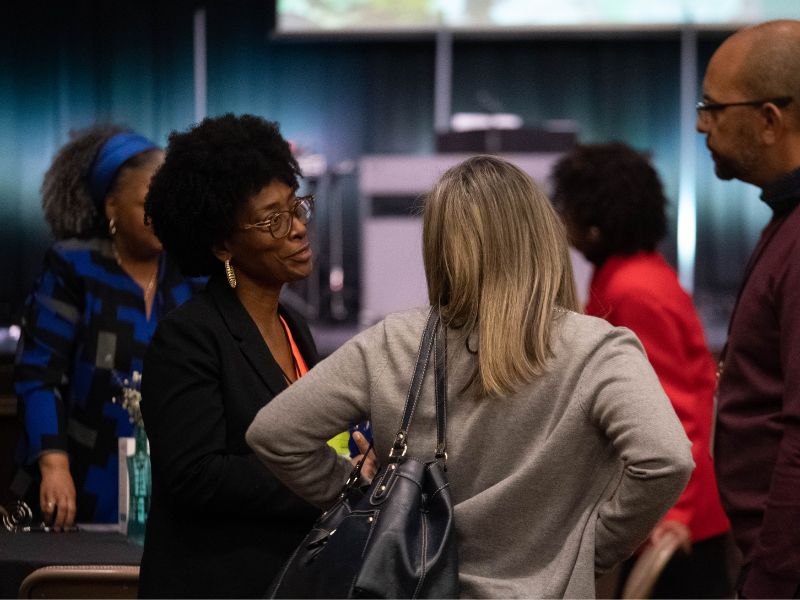Arkansas recently joined a growing list of states that have approved Education Scholarship Accounts, empowering parents to make the best decisions for their child’s unique educational needs.
The accounts, called Education Freedom Accounts (EFAs), will contain around $6,600 in funds per student every year. Families can then use the available funds to pay for education-related fees, including tuition, tutoring, textbooks, therapies, and other costs which have been approved by the state.
It will take three years to fully phase in the act. By the end of the third year, all students in Arkansas will be eligible for EFAs.
The creation of these accounts makes Arkansas the fourth state in the U.S. to legislate universal educational opportunity — the others are Arizona, Utah, and Iowa.
Now, Georgia could be next.
Last week, the Georgia Senate passed the Georgia Promise Scholarship Act (SB 233) in a 33-23 vote. It will go on to the House next, where it has traditionally faced more opposition.
If enacted into law, the Georgia Promise Scholarship Act would fund $6,000 per student every school year. Promise Scholarships would give families the financial freedom to select an educational environment that best fits their child’s needs. A wide range of educational expenses would be approved under the act, including tutoring, virtual classes, private school tuition, homeschool curriculum, special needs therapies, technology, college courses, and more.
In the wake of the pandemic, parents nationwide are demanding more options for their children’s education. Learning loss is one of many major crises to arise from nationwide lockdowns. At Georgia Center for Opportunity, we believe it is the state’s responsibility to help reverse that loss.
Families across the state need access to more opportunities now. With Promise Scholarships, Georgia’s children will have more opportunities to excel at school. Every child deserves empowerment through a high-quality education that works best for him or her. We believe that Georgia should lend support to every educational option for its students, including alternatives like homeschooling and virtual learning.









